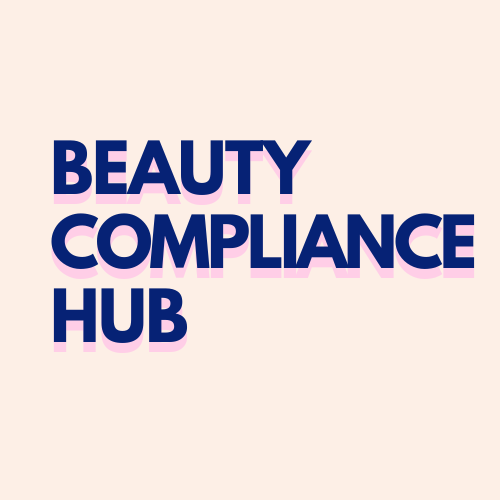Nigeria's Six-Month Ban on Raw Shea Nut Exports: Implications for the Economy and the Global Beauty Industry
In August 2025, Nigeria implemented a six-month ban on the export of raw shea nuts, a significant move aimed at bolstering the country's position in the global beauty industry. Despite producing approximately 40% of the world's raw shea nuts, Nigeria currently captures only about 1% of the $6.5 billion global shea products market. This policy seeks to transform Nigeria from a raw material exporter to a leading supplier of refined shea butter and related skincare ingredients. - AP News
Economic Implications for Nigeria
The Nigerian government views this ban as a strategic step to enhance domestic processing capabilities, create jobs, and increase revenue. Vice President Kashim Shettima emphasised that the policy is "not an anti-trade policy but a pro-value addition policy designed to secure raw materials for our processing factories." The government projects that this initiative could generate $300 million annually in the short term, with expectations to increase this tenfold by 2027. - AP News, Cosmetic Business
Nigeria follows a growing list of other West African countries, including Burkina Faso, Mali, Togo, Ivory Coast and Ghana, that have banned or restricted export of the crop in the past two years. “The ban will transform Nigeria from an exporter of raw shea nut to a global supplier of refined shea butter, oil, and other derivatives,” Vice President Kashim Shettima - AP News
However, analysts caution that the success of this policy hinges on substantial investment in local infrastructure and processing facilities. Without these investments, there is a risk that the ban could disrupt existing supply chains and negatively impact local farmers who rely on the export market. - AP News
Impact on the Global Beauty Industry
For manufacturers in the beauty industry, particularly those focusing on skincare formulations, this ban presents both challenges and opportunities.
Challenges:
Supply Chain Disruptions: Companies that depend on Nigerian shea nuts may face shortages or increased costs as they seek alternative sources.
Quality Variability: The quality of shea butter can vary based on processing methods and regional differences. Manufacturers may need to adjust formulations to account for these variations.
Opportunities:
Local Sourcing: Brands can explore sourcing directly from Nigerian processors, potentially ensuring a more consistent supply of high-quality shea butter.
Supporting Sustainable Practices: Engaging with Nigerian producers can promote sustainable and ethical sourcing practices, aligning with growing consumer demand for transparency and responsibility in the beauty industry.
What This Means for Companies and Brands
For companies and beauty brands, Nigeria's export ban is a call to rethink sourcing strategies and supply chain resilience. Brands that rely heavily on Nigerian shea must explore alternative suppliers or invest in partnerships with local processing facilities to maintain continuity. This period may also encourage innovation in formulation, as brands adapt to possible variations in shea butter quality. Moreover, brands that actively engage with Nigerian processors and support value-added initiatives can enhance their sustainability credentials and appeal to ethically conscious consumers. Ultimately, this ban underscores the importance of agility, foresight, and strategic collaboration in a globalised beauty industry.
Strategic Considerations for Manufacturers
Manufacturers looking to formulate with shea butter in the near term should consider diversifying their raw material sources while exploring partnerships with Nigerian processing facilities. This approach ensures continuity in product supply while supporting Nigeria's industrialisation efforts and promoting ethical, traceable sourcing.
Conclusion
Nigeria's decision to ban the export of raw shea nuts is a bold move aimed at enhancing the country's economic standing and influence in the global beauty market. While the immediate effects may pose challenges for manufacturers reliant on Nigerian shea, the long-term benefits of a more robust and self-sufficient supply chain could outweigh these initial hurdles. As the policy unfolds, stakeholders in the beauty industry will need to adapt and collaborate to navigate this evolving landscape. - AP News






